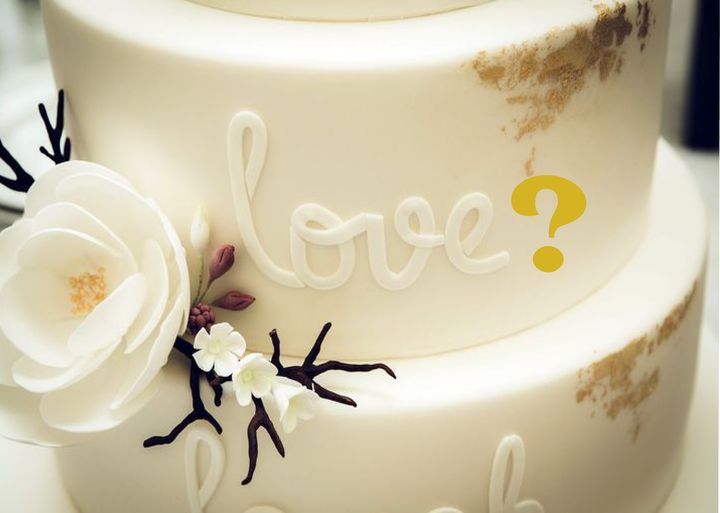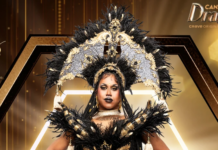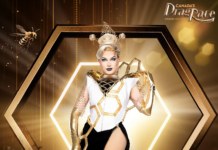
In this supposedly enlightened age, there are always a few people who seem to want to hold us back. In this case, we’re talking about cake and the “right” – and we use this term loosely – of business owners to discriminate based on their own religious beliefs. On September 8, 2017, the Department of Justice sided with the Colorado baker who refused to bake a cake for the wedding of a same-sex couple, citing his own religious beliefs.
This case is about much more than cake. It’s about what this ruling could mean for individuals throughout the United States.
The Case Thus Far
Back in the summer of 2012, Charlie Craig and David Mullins chose Masterpiece Cakeshop in Colorado to bake their wedding cake to celebrate their upcoming nuptials. Jack Phillips, the store’s owner, refused to accept their order, stating that his store policy — based on his religious beliefs — was to deny service to same-sex couples.
Colorado law states that it is illegal for businesses to refuse service based on race, sex, marital status, or sexual orientation, so the couple filed a complaint with the Colorado Civil Rights Division (CCRD). The CCRD found that the cakeshop had indeed violated the law. In spite of Phillips’ appeal of the decision, the shop was ordered to change its company policies and provide comprehensive staff training to ensure they remain in compliance with state law.
However just last month, after being reviewed by the U.S. Supreme Court, the Department of Justice back-pedaled on the statements of discrimination made by state-level courts in Colorado, and sided with the bakery in their discrimination of the couple.
The Supreme Court Ruling
Phillips claimed that making a cake is a form of creative expression, and, as such, it is protected under his First Amendment rights. Compelling him to create a cake for a same sex couple in violation of his religious beliefs, he argues, constitutes an intrusion on the “individual freedom of mind” that is protected by the First Amendment.
The Supreme Court ruled in his favor. Both President Trump and Attorney General Jeff Sessions say this means that, if a business owner wanted to, they could legally put a sign in their window stating that they don’t serve gay, lesbian, bisexual, or transgender individuals — even if their own state has laws against such discrimination.
What Does This Mean?
This ruling sets a dangerous precedent for businesses and for LGBTI+ individuals across the United States. While it might not allow people to discriminate based on an individual’s race, it allows or at least doesn’t prevent discrimination based on gender, sexual orientation, or even religion. It might not be long before we start seeing signs in windows where stores refuse to sell to women, Muslims, or transgender individuals, for example.
In essence, what this ruling is saying is that if a business can be classified as a “form of creative expression,” the business owner can discriminate at will. Creative expression is such a broad term, though, that it’s nearly impossible to estimate the scope of this impact. Dressmakers, bakers, and florists, certainly, but this could be expanded to cover nearly every public service industry, if you stretch the definition thinly enough.
This is just the first step toward a very scary version of the U.S. that no one wants to see come to fruition. The Supreme Court might not think much of the First Amendment, but it is something that is still important to so many Americans — who will fight for it.
Whether you bake cakes or assemble cars, religion shouldn’t give you the right to discriminate against anyone, no matter what the Supreme Court says.
By Kate Harveston, political journalist and blogger





